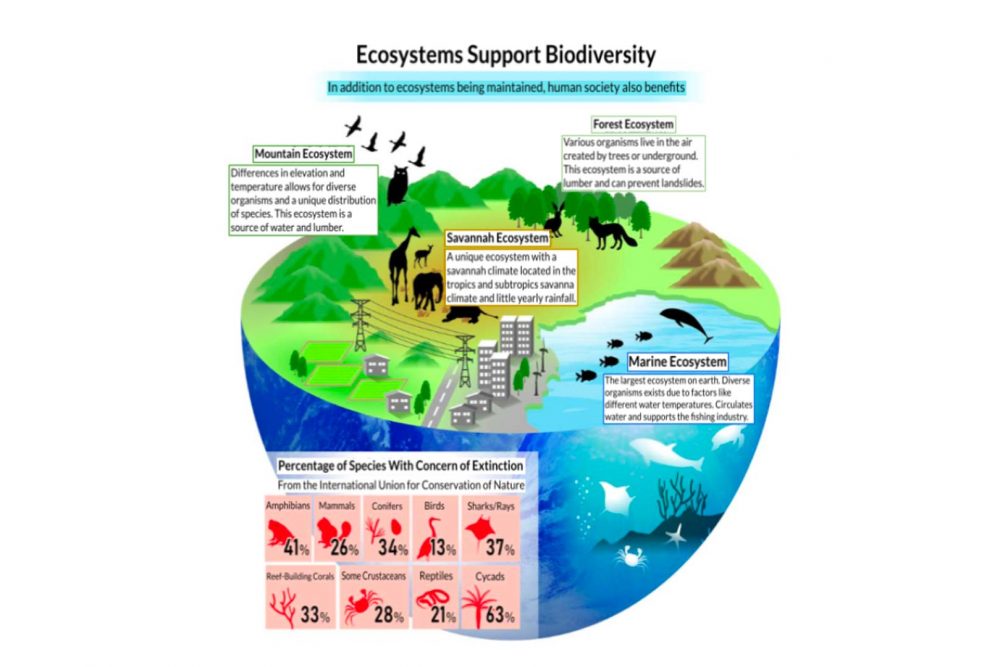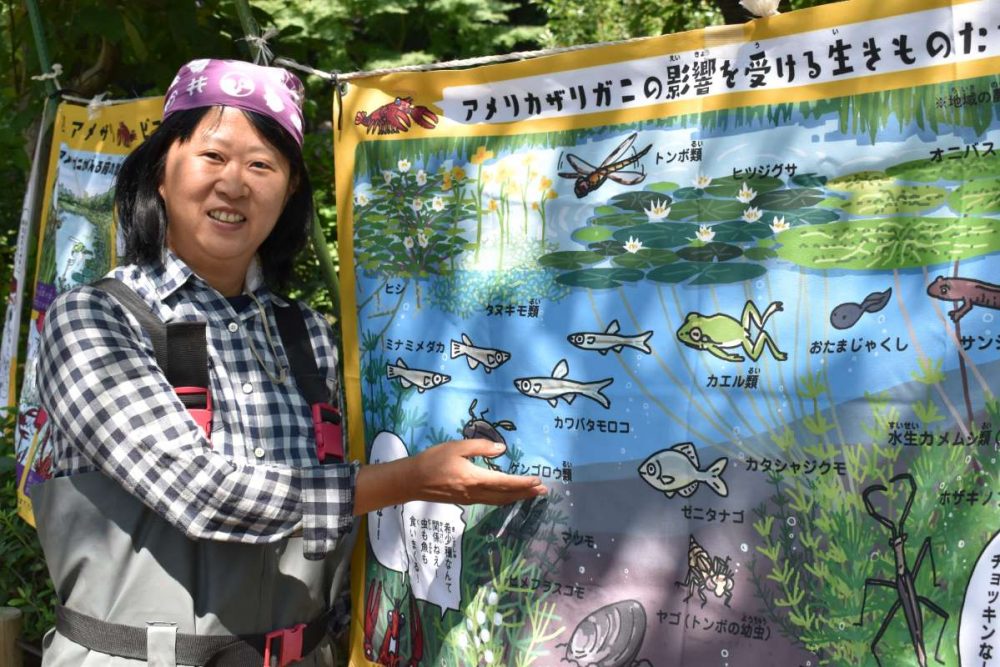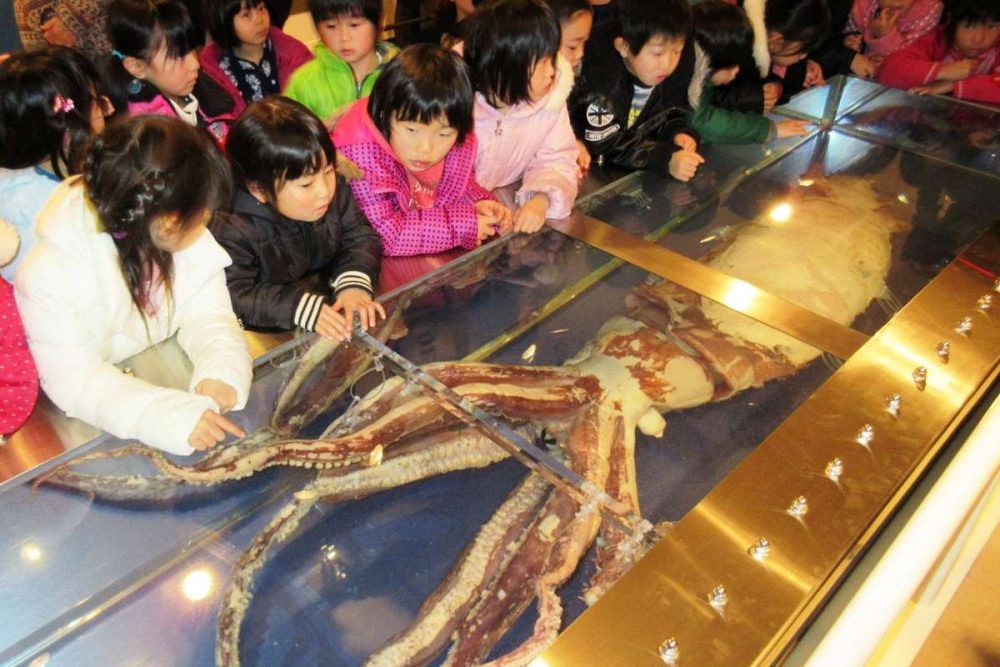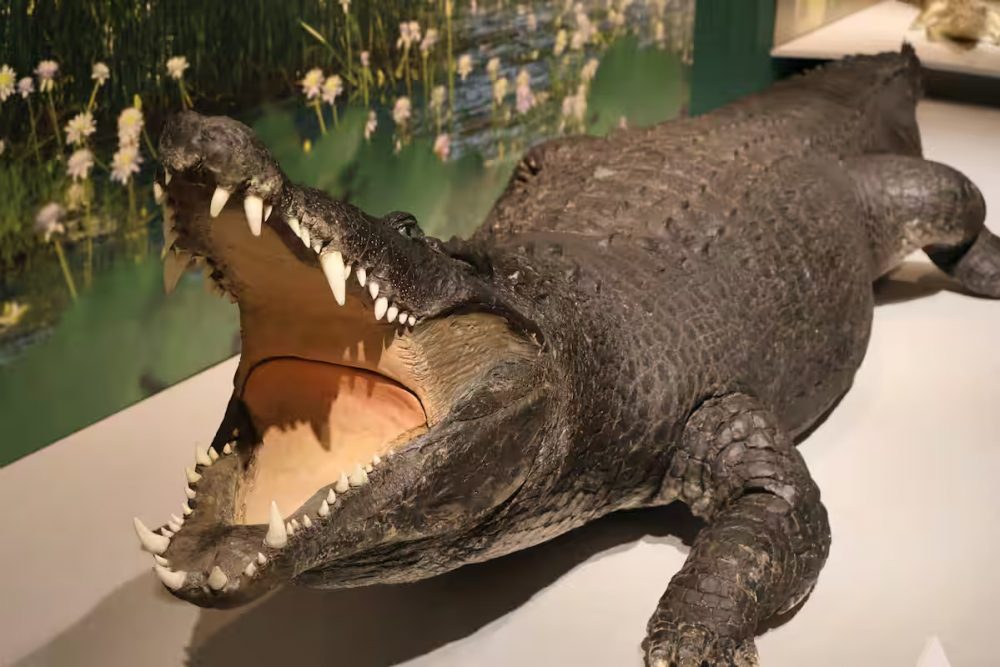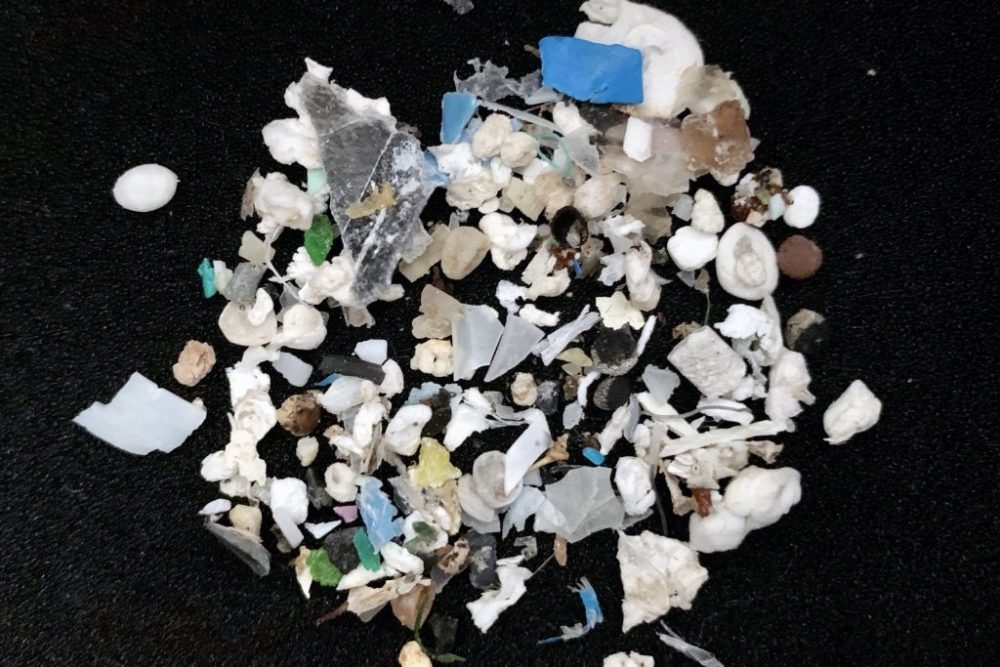Whales in the Context of Food Security
[SPONSORED] Diversifying local food sources, including whales, would help to broaden the recklessly narrowed food basket of 23 species making up 90% of global consumption.
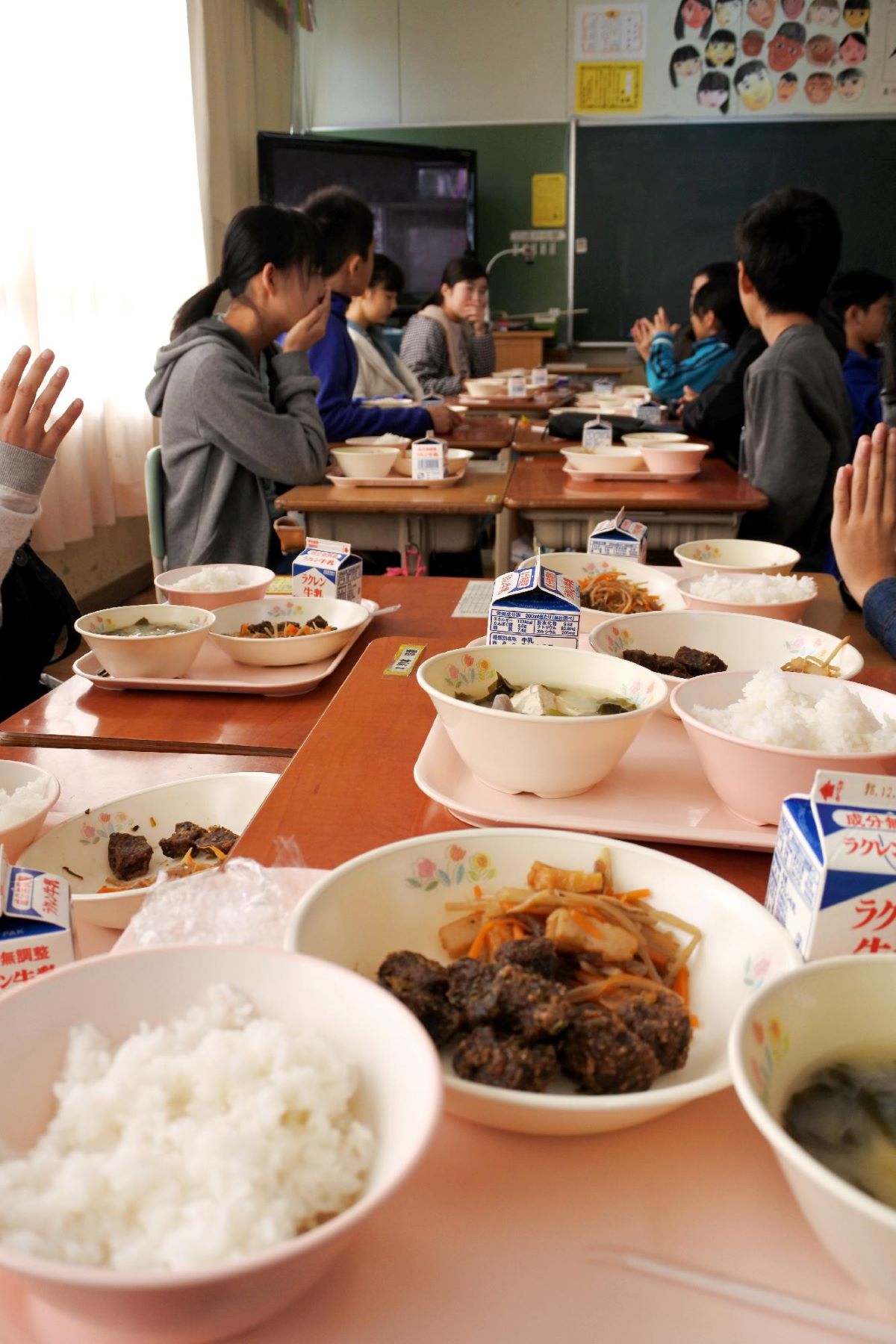
This paper does not intend to argue that eating whales will solve the problem of food security. Even among the regions and countries that accept whales as a food resource, the degree of dependence on whales as a food source varies and there are many possible scenarios for the future of whale diets.
First of three parts
To argue the relationship with food security based on the assumption of a uniform whale diet is an oversimplification. It cannot be expected to capture the essence of the problem.
Whales are often treated as a symbol of environmental protection. However, when we consider the whale-eating issue, it encompasses a variety of issues surrounding food security. Rather, it is important to see and think of whales as a symbol of food security issues.
The World's Fragile Food Security
Russia's invasion of Ukraine has brought attention to the fragility of the world's food security system, as grain exports from Ukraine have been stalled. As one of the world's top five major grain exporters of wheat and barley, exports from Ukraine have supported the grain demand of countries around the world, including many developing countries.
The impact of the sudden suspension of these exports is shocking. In addition, there are many other concerns about food security issues, such as droughts, floods, heat waves, and cold waves caused by climate change. These, too, will negatively impact regional and global food production.
In addition, the COVID-19 pandemic has stalled the import, export, and distribution of food on a global scale. The energy crisis has also contributed to high food prices.
As a result, food security has rapidly become an issue that has attracted international attention and discussion in recent years. Experts and intellectuals have long been aware of the various problems of food security and have sounded the alarm. However, a sense of crisis has finally come to be widely shared. A statement on food security was adopted at the G7 meeting in June 2024. Also, food security and food crises were discussed at the World Economic Forum in Davos in May.

Food Security and Whales
So what are the specific issues of food security? How do they relate to whales?
Let us take an overview of the current global food situation.
Food security is by no means a problem limited to developing countries or the poor. Even Japan, which on the surface appears to have an abundance of food, is in a serious situation. Many countries in the world, including Japan, depend on foreign imports for their food supply.
Among the world's 200-odd countries, only about 20% are self-sufficient in grains, the main foodstuff. Even fewer export food consistently and in substantial quantities.
Read the rest of this report on Whaling Today for deeper and unique insights into Japanese whaling culture, whale conservation, as well as sustainable whaling.
This article is published by JAPAN Forward in cooperation with the Institute of Cetacean Research in Japan. Let us hear your thoughts in our comments section.
Continues in part two: Getting to Food Security with More Variety in Food Sources
(日本語で読む)
RELATED:
- IWC68: Reflections on the Future of the International Whaling Commission (Part 1 of 4)
- NAMMCO at 30: Supporting Discussions on the Sustainable Use of Marine Mammals
- INTERVIEW | Mitsuhiko Imamori, Focus on Satoyama With a Sense of Urgency
Author: Joji Morishita, PhD
Former Professor, Tokyo University of Marine Science and Technology






